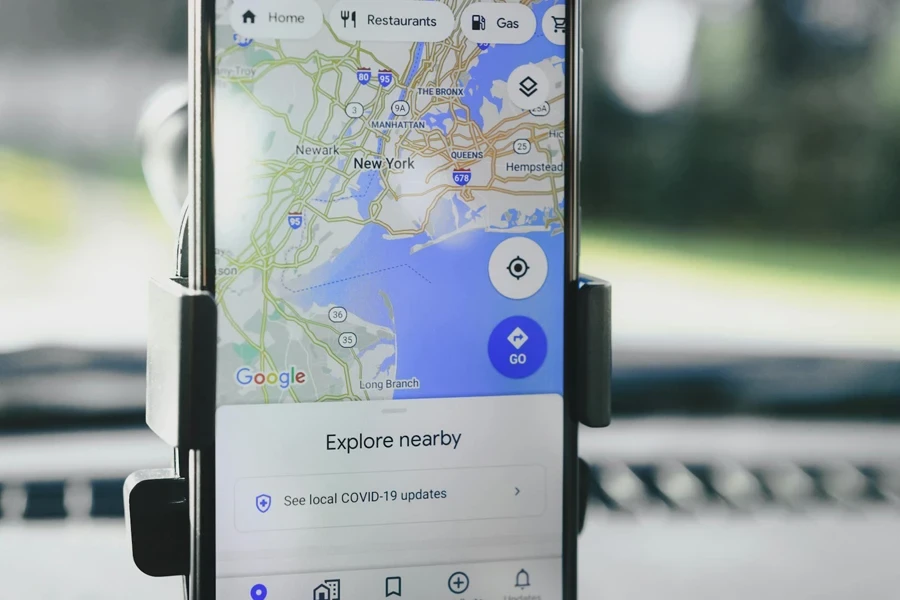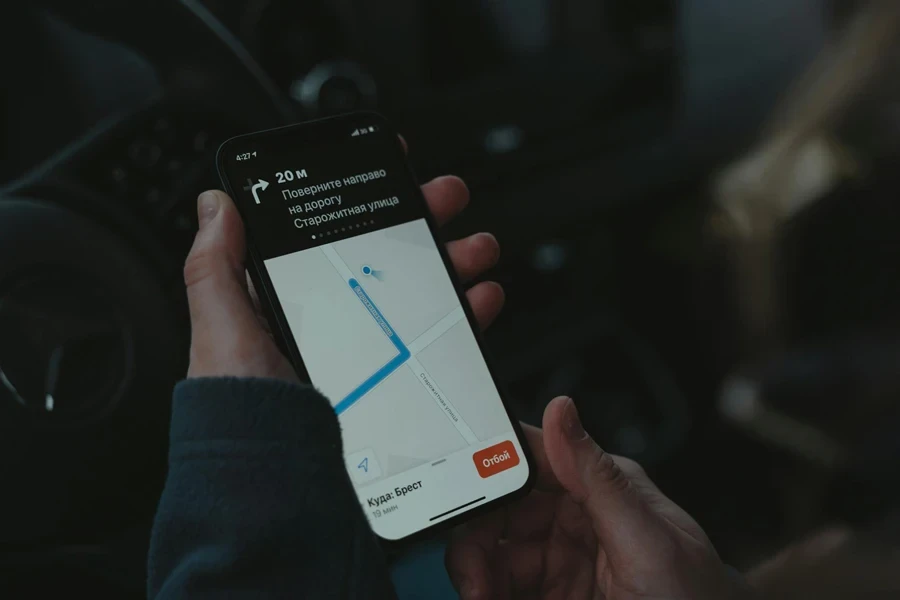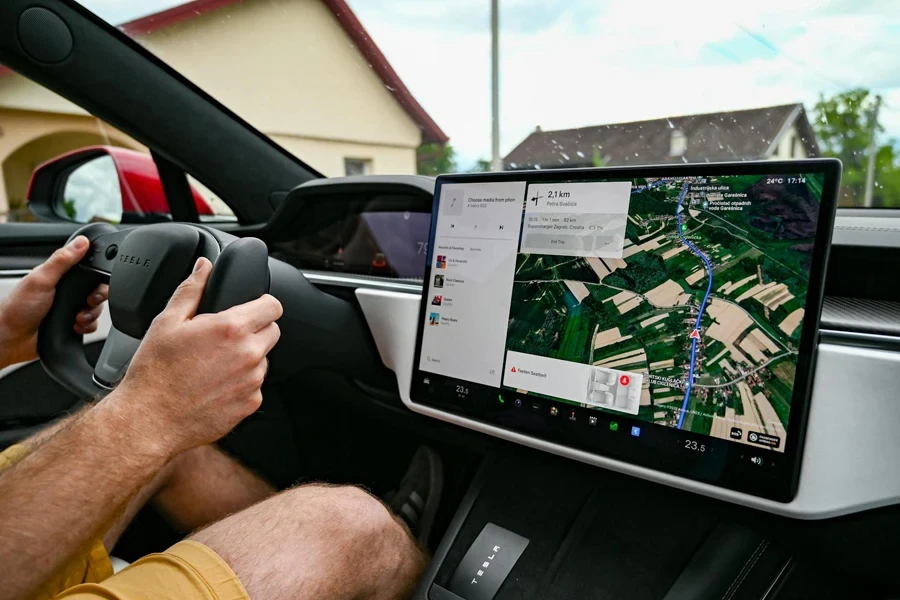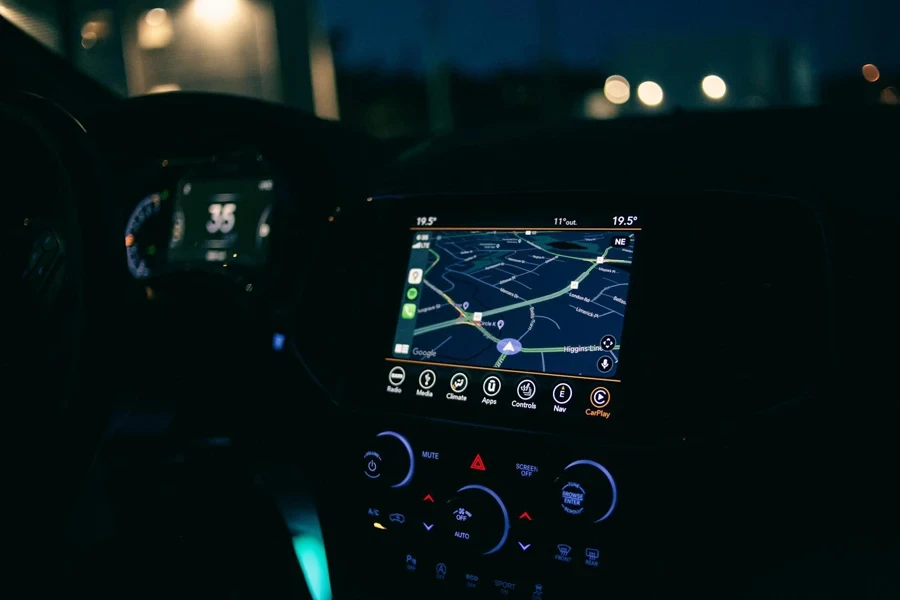Table of Contents
● Introduction
● Market overview
● Features and benefits
● Things to consider when selecting products
● Conclusion
Introduction
GPS tracking technology has become an integral part of modern logistics, security, and personal device management, evolving rapidly to meet the demands of a connected world. Initially developed for military navigation, GPS trackers now offer enhanced functionalities that cater to a wide range of sectors, from commercial fleet management to personal vehicle monitoring. These devices not only ensure the safety and efficiency of transportation but also support innovative applications such as usage-based insurance and asset management. With the market projected to grow significantly, understanding the capabilities and benefits of GPS trackers is crucial for businesses looking to optimize operational efficiency and for consumers aiming to safeguard their assets. As the technology advances, the adoption of GPS trackers is becoming a standard practice across various industries, highlighting their increasing importance and utility.
Market overview

The global GPS tracking device market is experiencing robust growth, with its valuation set to rise from USD 3.1 billion in 2023 to an estimated USD 5.7 billion by 2028, according to Markets and Markets. This significant growth, characterized by a compound annual growth rate (CAGR) of 13.1%, is propelled by several key factors that underscore the technology’s expanding role across various sectors. Increasing demands for commercial vehicle tracking, advancements in compact and durable tracking technologies, and the integration of cloud computing and IoT into tracking solutions are primary drivers fueling this market expansion.
Analysis of major market aspects
Commercial vehicles represent a major segment leading the charge in market expansion. The adoption of GPS tracking devices in this sector is largely driven by the need for improved operational efficiency, theft prevention, and compliance with regulatory standards. Additionally, the insurance industry is increasingly leveraging GPS tracking data to offer usage-based insurance (UBI) policies, which calculate premiums based on actual vehicle usage and driving behavior rather than historical averages. This not only helps insurers manage risks more effectively but also encourages safer driving habits among insured parties.
However, the market also faces challenges, including the proliferation of non-standard, low-cost products that may compromise user experience. This issue is particularly prevalent in rapidly growing markets where competition leads to cost-cutting measures at the expense of quality. Despite these challenges, the opportunities for market growth remain significant, especially with ongoing technological advancements and increasing global vehicle sales that are expected to push the demand for sophisticated GPS tracking solutions even further.
Features and benefits

To delve deeper into the technical features of modern GPS trackers, it’s essential to consider the sophisticated functionalities that differentiate good quality devices from standard models. Here’s a closer look at some advanced technical features:
Dual-mode positioning for enhanced reliability
Advanced GPS trackers now incorporate features such as dual-mode positioning, which combines GPS with local cell tower data (LBS) to provide accurate tracking even in areas where GPS signals are weak or obstructed. This hybrid approach ensures continuous service across various terrains and environments, enhancing reliability for critical applications such as long-haul transportation and emergency services.
Accelerometers and gyroscopes
Another technical advancement is the integration of 3D accelerometers and gyroscopes, which enable more than just location tracking. These sensors detect and analyze driving behaviors like sudden stops, sharp turns, and rapid acceleration, providing detailed insights into driver performance and vehicle usage. This data is invaluable for fleet managers implementing safety programs and looking to reduce wear-and-tear on vehicles, ultimately leading to lower maintenance costs and extended vehicle lifespans.
Advanced geofencing for operational control
In addition to these, the implementation of geofencing technology has become more advanced with the ability to create multiple virtual boundaries tailored to specific operational needs. For instance, logistic companies can set up complex geofences that trigger different actions, such as sending alerts, initiating video recording, or locking vehicle controls when a truck enters or exits certain zones. This level of customization supports nuanced operational protocols that cater to the precise needs of businesses, ensuring efficiency and security.
Enhanced connectivity and IoT integration
Connectivity has also seen significant upgrades, with many devices now supporting 4G LTE, and some are even 5G ready. This enhancement not only speeds up data transmission but also supports more complex applications that require real-time data streaming, such as live video feeds from dash cams linked to GPS tracking systems. Moreover, with the advent of IoT, these trackers can now seamlessly integrate into broader smart systems within vehicles, communicating with other IoT devices to provide a holistic overview of vehicle health, environmental conditions, and even cargo status.
Things to consider when selecting products
When selecting a GPS tracker, it’s crucial to understand the types available and their respective applications, as well as to consider several key performance features. Here’s a focused discussion on these aspects:

Types of GPS trackers: active vs. passive
GPS trackers are broadly categorized into two types: active (real-time) and passive (data loggers). Active GPS trackers continuously transmit location data, providing real-time tracking and updates. This makes them ideal for applications that require immediate location information, such as fleet management, emergency services, and real-time asset tracking. On the other hand, passive GPS trackers record the location data to be retrieved later, suitable for situations where real-time tracking is not critical but historical route data is valuable, such as reviewing the efficiency of delivery routes or monitoring driving habits over time.
Durability, battery life, and connectivity
Durability is a paramount consideration, especially for trackers used in harsh environments. Devices with higher IP ratings are essential for outdoor use, where exposure to dust, water, and extreme temperatures is common. Battery life is another critical factor, particularly for passive trackers or those used in scenarios where charging is impractical. Long battery life ensures continuous service without frequent recharges, crucial for long-term deployments. Connectivity options, including GPS, LBS, and Wi-Fi, as well as support for multiple network standards like 3G, 4G, and increasingly 5G, ensure that the tracker maintains a reliable connection across different geographical locations and network environments.
Evaluating product features

When choosing a GPS tracker, align the device features with specific needs and scenarios. For instance, if managing a fleet of commercial vehicles, prioritize trackers with advanced real-time tracking, robust geofencing capabilities, and detailed driving behavior analytics. These features help optimize route planning, enhance safety, and improve overall operational efficiency. For personal use, such as tracking a vehicle or a pet, simpler models with reliable real-time tracking and user-friendly interfaces may suffice. Always consider the ease of use, installation requirements, and any associated service fees, which can vary significantly between models and manufacturers.
Conclusion
Understanding both the overarching market trends and the specific features of GPS trackers is crucial for selecting the right device that meets individual or organizational needs. The rapidly growing GPS tracker market offers a range of products designed for various applications, from commercial fleet management to personal asset tracking. By carefully evaluating the features such as real-time tracking capabilities, durability, battery life, and connectivity options, buyers can make informed decisions that optimize their investment. In a market characterized by technological advancements and diverse offerings, taking the time to assess both market dynamics and product specifics is key to choosing a GPS tracker that ideally aligns with operational goals and personal preferences.



